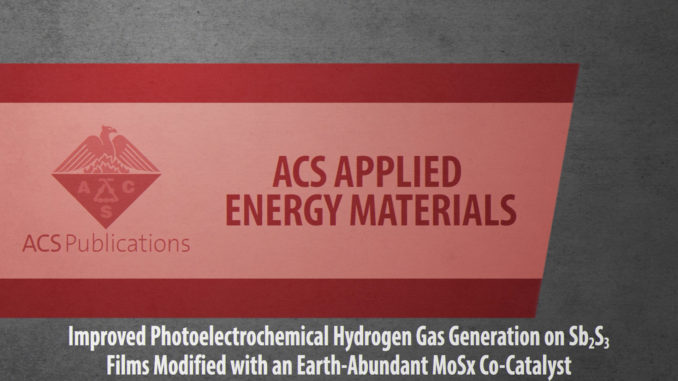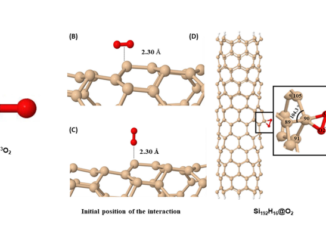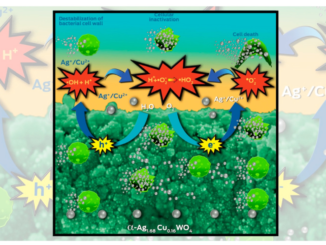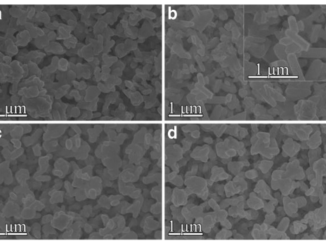
Improved Photoelectrochemical Hydrogen Gas Generation on Sb2S3 Films Modified with an Earth-Abundant MoSx Co-Catalyst
Abstract: Antimony(III) sulfide (Sb2S3) has recently emerged as an outstanding potential photoelectrode due to its superlative optoelectronic properties for light-driven water splitting application. However, the occurrence of the recombination process in this material is regarded as one of the main limiting factors to date. Herein, we greatly suppressed the occurrence of recombination and improved carrier transfer via photoelectrodepositing an earth-abundant MoSx co-catalyst over Sb2S3 films. The Sb2S3/MoSx films displayed a remarkable 2-fold increase of their photoresponse for H2 generation and also resulted in shifting the onset potential approximately 100 mV to less negative values. Based on an in-depth analysis of the transients’ photocurrent density, the enhanced photoresponse was assigned to a smaller probability of the electron–hole recombination process, as noted from the substantial reduction of the accumulated negative charge density values at the surface of the Sb2S3 films. The minimization of carriers recombination was also verified from the decrease of the charge transfer resistance values by approximately 2-fold for the Sb2S2/MoSx films. Additionally, Sb2S3/MoSx featured an increase of the space charge thickness, which suggests an improvement of carrier separation or a minimized recombination process due to the enlarged gradient of the (quasi-)Fermi level in the space charge region of the Sb2S3 films.
Author(s): Araújo, M.A.; Costa, M.B.; Mascaro, L.H.
ACS Appl. Energy Mater.
Published: January 13, 2022
DOI: https://doi.org/10.1021/acsaem.1c03374
CDMF
The CDMF, hosted at the Federal University of São Carlos (UFSCar), is one of the Research, Innovation and Dissemination Centers (RIDC) supported by the São Paulo State Research Support Foundation (Fapesp), and also receives investment from the National Council Scientific and Technological Development (CNPq), from the National Institute of Science and Technology of Materials in Nanotechnology (INCTMN).




